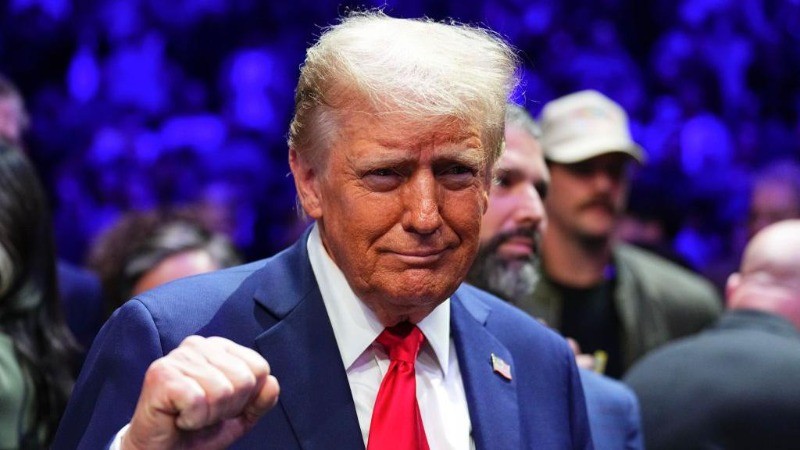
US President-elect Donald Trump has announced plans to impose significant tariffs on imports from China, Mexico, and Canada, targeting goods entering the United States in response to issues like illegal drug trade and immigration.
In a series of posts on his Truth Social account, Trump outlined his intentions, saying that on his first day in office, January 20th, he would sign an executive order imposing a 25% tariff on all products from Mexico and Canada. He criticized what he described as "ridiculous Open Borders" and indicated that this move would be part of his broader strategy to address these challenges.
Trump also confirmed that China would face a 10% tariff on all its goods entering the US. He cited the country's failure to curb fentanyl smuggling as a key reason for the decision, stressing that this tariff would be in addition to any other existing tariffs.
Tariffs have been a central aspect of Trump’s economic agenda, with promises of similar measures against both allies and adversaries. However, economists have raised concerns that such tariffs could harm economic growth and drive up inflation, as they are typically paid by importers, who may pass the costs on to consumers.
Despite these warnings, Trump’s supporters argue that the tariffs will serve as leverage, encouraging trading partners to agree to more favorable terms for the US and helping to bring manufacturing jobs back to the country.
Trump Appoints Seb Gorka and Alex Wong to Key National Security Roles for Second Term
Billionaire Hedge Fund Manager Bessent Tapped as Treasury Secretary by Trump
Trump Picks Pam Bondi as New U.S. Attorney General Nominee After Gaetz Withdrawal